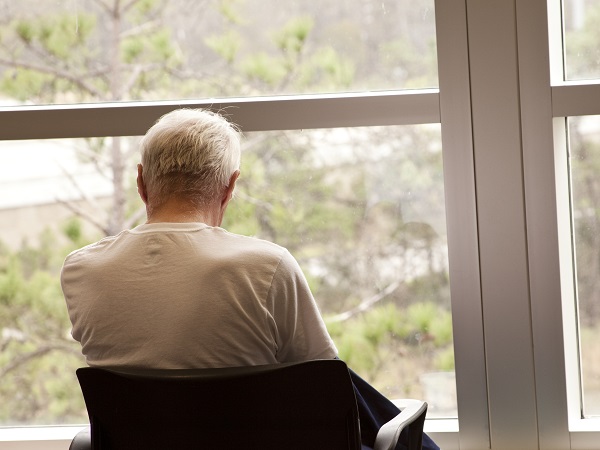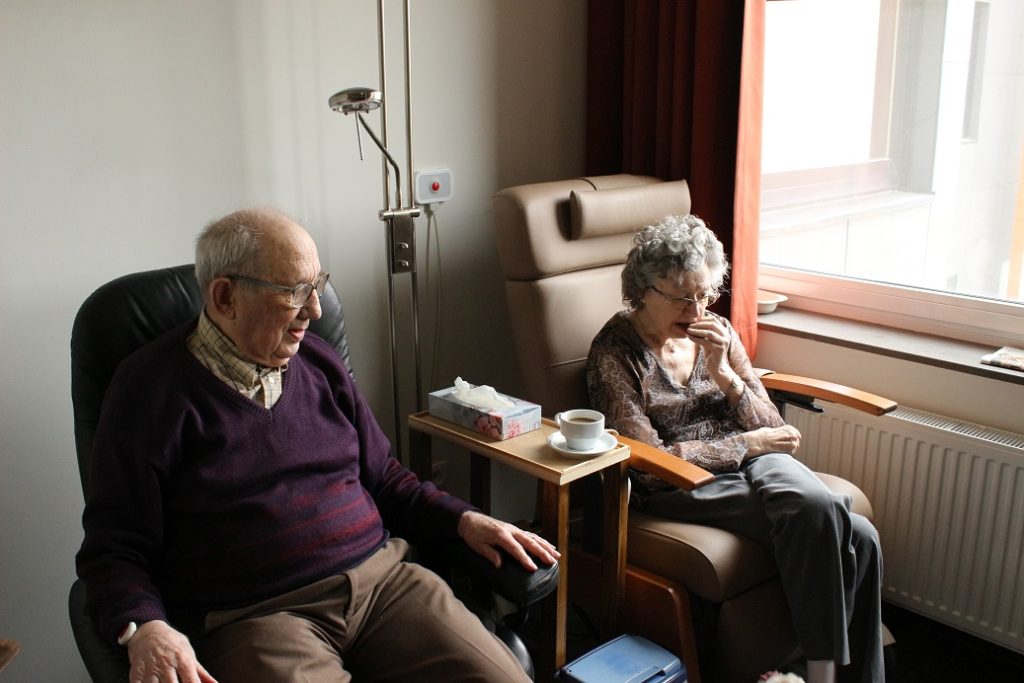
Most current income taxpayers would be willing to pay more tax to ensure high quality aged care for all Australians, according to landmark research from Flinders University’s Caring Futures Institute.
The research study, led by health economics expert and Institute research leader Professor Julie Ratcliffe, found that almost 90% of respondents believe that the government should provide more funding to support the delivery of quality aged care.
The government currently allocates 4% of income tax to aged care.
The study, the first of its kind in the world, delved into the views and preferences of the general public regarding the quality and future funding of aged care in Australia.
The research was conducted for the Royal Commission into Aged Care Quality and Safety.
The study, Australia’s aged care system: assessing the views and preferences of the general public for quality of care and future funding, examined survey results from 10,315 adults not currently using aged care services.
The survey found that 61% of current taxpaying respondents are willing to pay an additional 1.4% per year in income tax so all Australians had access to a satisfactory level of quality aged care.
Furthermore, 55% of current taxpayers are willing to pay an extra 1.7% in tax – equating to 3.1% addition income tax in total – to ensure equal access to a high level of quality aged care.
Professor Ratcliffe says these findings highlight the strong significance Australians place on the most vulnerable citizens in our society.
“These findings are both important and timely and provide a unique general population perspective highlighting the strong significance that Australians place on the fundamentals of care, that as a society we believe that our older people should always be treated with respect and dignity and that quality in aged care is highly valued,” she says.
“It shows that the general public understand and recognise the current deficiencies of Australia’s aged care system and believe significantly more government funding should be allocated to achieve higher quality aged care.”

Most respondents also said they would be willing to make co-contributions if they needed to access aged care services in the future. Those who have experienced the aged care system through a close family member or friend receiving care would be willing to make a higher co-contribution than those without current experience.
In 2017/18 almost one million Australians accessed home care services allowing them to continue living independently at home, while 230,000 people were living in residential care.
Findings from the survey also showed a strong understanding and awareness among the general public of what constitutes quality in aged care.
The overwhelming majority of respondents indicated the importance of older people being treated with respect and dignity, of aged care staff having the skills and training needed to provide appropriate care and support, and of older people feeling safe and comfortable receiving aged care services in their own home or an aged care facility.
Professor Ratcliffe, who is research lead of the Caring Futures Institute’s Better Systems and Health and Social Care Economics themes, says the findings provide an important and timely societal perspective with which to inform aged care policy and practice in Australia and in other countries.
“Australia’s aged care sector is predominantly publicly funded and this report has highlighted that the general public agree that more funding is urgently needed to ensure that all our aged care staff have the skills and training needed to ensure the highest standards of quality care,” she says.
“As a society we must also take steps to ensure that the right mechanisms are put into place to ensure that funds are directed in the most appropriate ways.
“These mechanisms must include quality assessment and economic evaluation to ensure that resources are expended wisely to provide the highest level of care and support and maximise the quality of life and wellbeing of our older population.”
The research study is the first of its kind in the world to undertake a large-scale assessment of the views and preferences of the general public into the quality and funding of quality of aged care.
“The quality of aged care provided to older people is a concern for all Australians, however, to date no one has investigated exactly what constitutes quality of care in aged care from the perspective of the general public,” the report says.
The research paper was prepared for the information of the Royal Commission and the public. Any views expressed in them are not necessarily the views of the Commissioners.
The research paper is available online here.
Read the article Professor Julie Ratcliffe published on The Conversation. ‘Australians want more funding for higher-quality aged care — and most are willing to pay extra tax to achieve it’.
Learn more about the fundamentals of care by watching Flinders Brave Lecture: ‘Handle with care – getting the fundamentals right when caring for older people’ with Professor Alison Kitson and ‘What constitutes good quality of care in aged care?’ with Caring Futures Institute research lead Professor Julie Ratcliffe.

